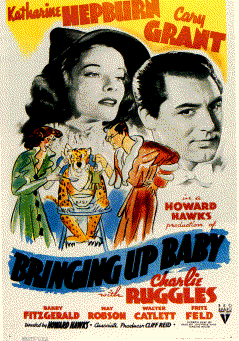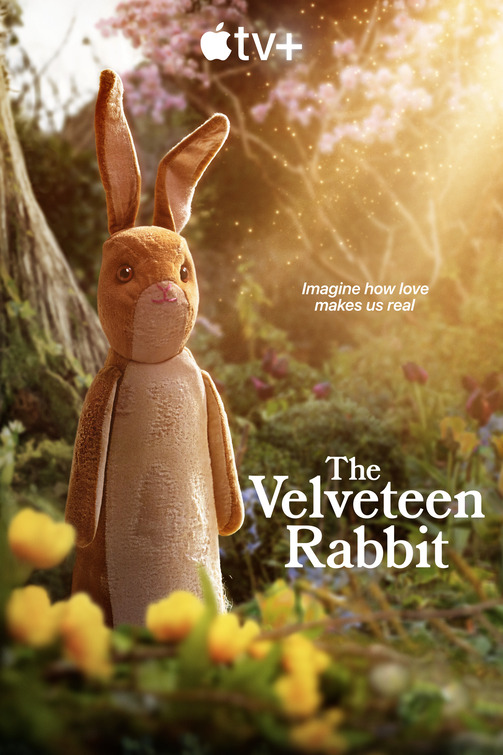"The Horrors of Moral Compromise"
| None | Light | Moderate | Heavy | |
|---|---|---|---|---|
| Language | ||||
| Violence | ||||
| Sex | ||||
| Nudity |
What You Need To Know:
GOOD is well produced and well acted, but subtle and too passionless. It doesn’t hit viewers over the head with its moral points, but brings out the points in the character conflicts and dialogue. Thus, not all viewers may come away from the movie firmly opposed to euthanasia. Nevertheless, GOOD has a strong moral premise. There are some secular and sexual elements, however, requiring discernment. There is also plenty of strong foul language, meriting extreme caution, especially in the second half.
Content:
(BB, H, LLL, VV, S, N, A, D, M) Strong moral worldview opposing euthanasia mitigated by indirect, subtle moral messages that require mature discernment and some mixed immoral content, all of which are set in an atmosphere that’s somewhat secular; 27 obscenities (including many “f” words), four strong profanities and two light profanities; strong violence but not really graphic such as Nazis smash Jewish stores and beat up Jews during the infamous 1938 Kristallnacht attack on Jews in Germany, elderly woman tries to commit suicide, banned books are piled up and burned, and scenes of concentration camp guards herding upset people into camp and prisoners fainting dead or ill; implied adulterous sex in a couple scenes, younger college student kisses a married teacher and married man briefly strokes bare leg of his mistress; upper male nudity; alcohol use; smoking; and, euthanasia rebuked (but often in a subtle manner), anti-Semitism rebuked, book burning, story is about the protagonist’s gradual corruption.
More Detail:
GOOD is loosely based on the story of Dr. Helmut Unger, a consultant on the child euthanasia program in Nazi Germany. In 1937, Adolf Hitler’s propaganda unit made a movie from Unger’s novel, MISSION AND CONSCIENCE, about a doctor whose wife, a concert pianist, asks him to kill her when she comes down with a severe case of multiple sclerosis, which ends her career. The positive reception of the movie, I ACCUSE, encourages the government to begin a program of killing the disabled, the mentally ill and the elderly. This program provides a model for the mass extermination of the Jews and other undesirables.
In GOOD, Viggo Mortensen plays John Halder, a literary professor in 1930s Nazi Germany. John has an elderly mother suffering from dementia and a wife preoccupied with her musical career. John cannot bring himself to join the Nazi Party, however, despite his father-in-law’s encouragement. He can’t see himself marching around holding banners.
John starts an affair with Anne, a pretty blonde student who admires his lectures. He is also working on the euthanasia novel about the doctor whose disabled wife asks him to kill her.
John does not join the Nazi Party, despite the encouragement of his Nazi father-in-law. He also has a Jewish friend, from the first world war, who is a psychiatrist. Even so, John doesn’t do anything to oppose the Party’s censorship and burning of books that he used to teach in his classes. One day, he even goes along with Anne’s desire to watch a Nazi rally.
In 1937, John is surprised to learn that Hitler is a fan of his euthanasia novel. The propaganda ministry wants to make a movie of his euthanasia novel and have him write a paper defending euthanasia of the handicapped, the mentally ill and the terminally ill.
[SPOILERS FOLLOW] Eventually, John divorces his wife and marries Anne. With the movie made, Hitler starts a formal euthanasia program, with John as a consultant. John finally becomes a Party member and even a member of the SS. The corruption of John Halder has become complete.
GOOD is well produced and well acted, but subtle and sometimes passionless. It doesn’t hit viewers over the head with its moral points, but brings them out in the character conflicts and dialogue. At one point, John’s mistress and future second wife tells him, while going to watch a Nazi rally, “Anything that makes people happy can’t be bad.” That dialogue is a tagline in this movie’s marketing, “Anything that makes people happy can’t be bad, can it?”
At another point, John says that just because you have an idea, it doesn’t mean you have to carry it out. This becomes a defense for his euthanasia novel. John can imagine killing off his elderly mother, who does indeed want to die, but, when his mother tries to kill herself, he stops her.
Interestingly, it is John’s lust for Anne that finally overcomes his moral objections to cheating on his wife and having an affair with a student. At the same time, it is John’s lust for recognition and pride that finally encourage him to succumb to the Nazi Party’s use of his work. Though he tries to get a ticket to Paris for his Jewish friend, his weak efforts fail. Then, when his ex-wife mentions that she was not a proper wife, and he is a “good” man to have put up with her, John is embarrassed. He knows in his heart that his success as a Nazi Party stooge has corrupted him. This becomes painfully clear in the movie’s final scene in a concentration camp, where John finally sees the results of his corruption, and the corruption of his nation.
GOOD has a positive moral worldview, but its moral points are often indirect or unstated in the dialogue. It is not clear, therefore, that all viewers watching GOOD will come away from the movie firmly opposed to euthanasia. Especially when they see how the dementia affects John’s elderly mother. Also, John’s Jewish friend is a secular person who admires John for cheating on his wife with a beautiful, younger woman. Some immature viewers may admire the friend’s approval of John’s infidelity, or they may not. Finally, there is plenty of strong foul language in GOOD, including many “f” words and several strong profanities. The strong foul language and the indirect morality merit extreme caution and mature discernment. The movie would have been better if it had eliminated the strong foul language, clarified some of the plot’s confusion, inserted more passion, and spoken out more directly against the murders and vicious immorality that the protagonist’s moral compromises helped to create. Still, it is good that there is finally a movie dealing with the roots of the Holocaust in Adolf Hitler’s movie propaganda and his euthanasia program. GOOD shows the power of the mass media to corrupt the people of whole nations.
Now more than ever we’re bombarded by darkness in media, movies, and TV. Movieguide® has fought back for almost 40 years, working within Hollywood to propel uplifting and positive content. We’re proud to say we’ve collaborated with some of the top industry players to influence and redeem entertainment for Jesus. Still, the most influential person in Hollywood is you. The viewer.
What you listen to, watch, and read has power. Movieguide® wants to give you the resources to empower the good and the beautiful. But we can’t do it alone. We need your support.
You can make a difference with as little as $7. It takes only a moment. If you can, consider supporting our ministry with a monthly gift. Thank you.
Movieguide® is a 501c3 and all donations are tax deductible.

Now more than ever we’re bombarded by darkness in media, movies, and TV. Movieguide® has fought back for almost 40 years, working within Hollywood to propel uplifting and positive content. We’re proud to say we’ve collaborated with some of the top industry players to influence and redeem entertainment for Jesus. Still, the most influential person in Hollywood is you. The viewer.
What you listen to, watch, and read has power. Movieguide® wants to give you the resources to empower the good and the beautiful. But we can’t do it alone. We need your support.
You can make a difference with as little as $7. It takes only a moment. If you can, consider supporting our ministry with a monthly gift. Thank you.
Movieguide® is a 501c3 and all donations are tax deductible.




 - Content:
- Content: 






